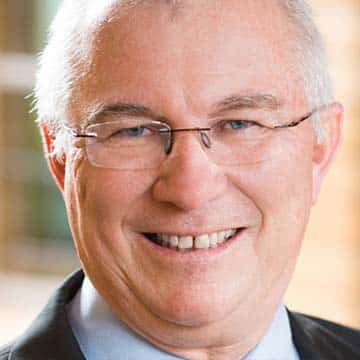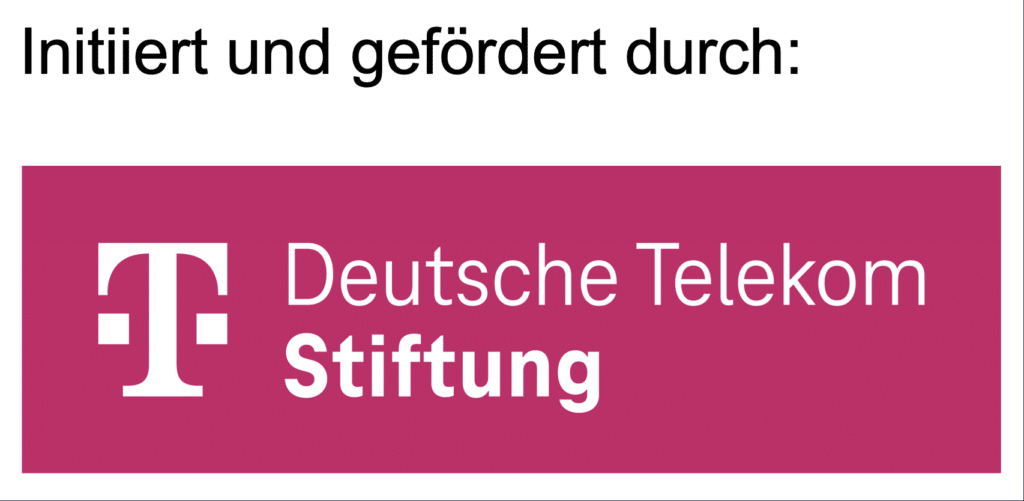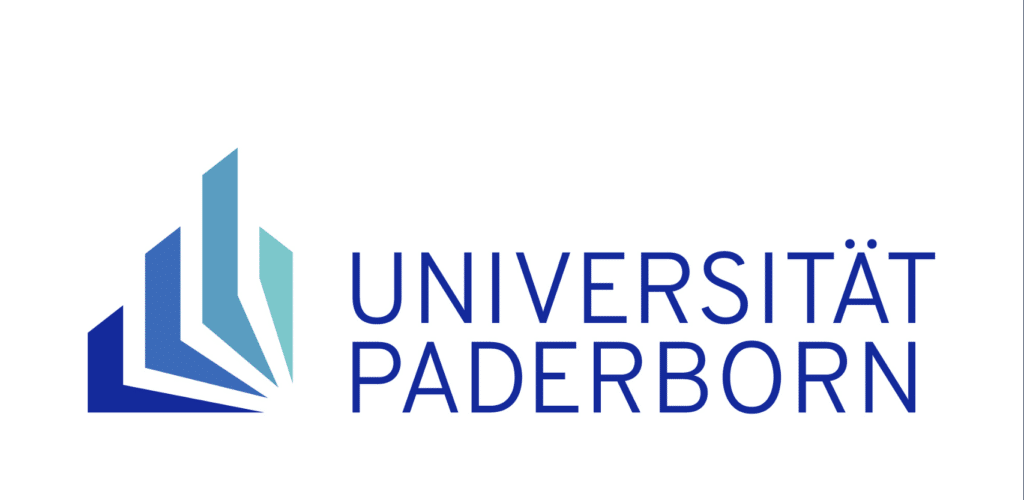Abstract
In an era marked by disruption, both global and digital, the application of mathematics and statistics is crucial for understanding, making predictions about, and addressing challenges associated with public health, the environment, and national and global social cohesion. The COVID-19 pandemic highlighted how mathematics and statistics can be used to present sometimes contradictory and misleading claims by various groups – amplifying the need for citizens be capable of critically evaluating claims made by both expert and non-expert commentators, and the decisions of government. This means that informed and responsible citizens must be capable of understanding the role of mathematics and statistics in underpinning evidence and have the capacity to employ evidentiary practices in forming relevant judgements. In this presentation I report on the aims and approaches that frame an international collaborative project being conducted by Australian Catholic University and Wurzburg University, entitled Strengthening Teachers’ Instructional Capabilities with Big Data. The project is designing and implementing tasks that require middle years students to evaluate differing claims in the media about issues related to sustainability by making use of relevant publicly available large data sets. This includes students’ selection of databases, approaches to modelling data, and their decision-making processes. Participant teachers will engage with professional learning activities based on students’ approaches to resolving differences in media reports.
Bio Vince Geiger

Vince Geiger is a Professor of Mathematics Education within the Institute for Learning Sciences and Teacher Education (ILSTE), at the Australian Catholic University. He is the Research Director for the STEM Education Program – an interdisciplinary research space focused on the enabling and transformative role of mathematics within the STEM disciplines. His research interests span across the areas of critical mathematical thinking, numeracy, mathematical modelling, the use of digital resources in mathematics teaching and learning, and the mathematical/statistical capabilities required for informed and responsible citizenship. This work is driven by awareness that the capacity to know and use mathematics confidently is important for an individual’s career prospects and their empowerment as informed citizens.



